MCP suppstate 2007
MCP suppstate 2007.doc
Mentoring Children of Prisoners Data Collection Process (MCPDCP)
OMB: 0970-0266
Mentoring Children of Prisoners Data Collection Process
(Quarterly Caseload Data Report)
OMB # 0970-0266
Supporting Statement
Family and Youth Services Bureau
Administration on Children, Youth and Families
Administration for Children and Families
U.S. Department of Health and Human Services
June, 2007
Table of Contents
A. Justification
1. Circumstances that Make the Collection of Information Necessary 3
2. Use of Data 3
3. Use of Improved Information Technology to Reduce Burden 3
4. Efforts to Identify Duplication 3
5. Methods to Minimize Burden 4
6. Consequences to Federal Programs or Policy Activities 4
6a. If the Collection of Information is not Conducted 4
6b. If the Information is Collected Less Frequently 4
Special Circumstances 4
Public Comments 4
8a. Federal Register 4
8b. Efforts to Consult with Persons Outside the Agency 4
9. Payment or Gifts to Respondents 4
10. Assurance of Confidentiality 4
11. Justification of Questions of a Sensitive Nature. 5
12. Estimate of Respondent Burden (Exhibit 3) 5
13. Estimate of Annualized Cost Burden to Respondent (Exhibit 4) 5
14. Estimate of Annualized Cost to Federal Government (Exhibit 5) 5
Reasons for Change in Burden 6
Tabulation and Publication 6
16a. Plans for the Tabulation and Statistical Analysis 6
16b. Publications 7
16c. Project Time Schedule 7
17. Expiration Date 7
B. Collection of Information Employing Statistical Methods 7
EXHIBIT 1: Legislation and regulations 8
A. Justification
1. Circumstances that Make the Collection of Information Necessary: The Child and Family Services Improvement Act of 2006 amends Title IV–B of the Social Security Act (42 U.S.C. 629– 629e) to provide funding for nonprofit agencies that recruit, screen, train, and support mentors for children with an incarcerated parent or parents. The Mentoring Children of Prisoners program (MCP) is administered by the Family and Youth Services Bureau (FYSB) of the Administration for Children and Families in the U.S. Department of Health and Human Services.
The legislation includes requirements for grantees to meet goals for children matched, which are negotiated after the award is given. It also requires grantees to provide information that can be used to evaluate outcomes for participating children, including information necessary to demonstrate compliance with requirements established by the Secretary for the program.
The legislation also requires the Secretary to evaluate the programs and report to Congress. The data will supplement evaluation activities and is designed to provide key indicators of relationship quality to established models of mentoring effectiveness.
2. Use of Data: Data will be analyzed to drive training and technical assistance, identify targets, monitor progress, and implement strategies to achieve goals. FYSB will need this information to assure effective service delivery and program management and to monitor ongoing caseloads, training, demographics, etc.
Finally, data from this collection will be used for reporting outcomes and efficiencies under the Government Performance and Results Act (GPRA). It will provide input for Congressional hearings and inform philanthropic interests and research efforts in addition to FYSB’s.
3. Use of Improved Information Technology to Reduce Burden: A previous design of data collection was in Microsoft Excel; now the data is collected through an Online Data Collection system which allows data to inputted and transferred through a secure website. Grantees receive training at national conferences; they also receive updates and helpful hints through their general, monthly training and technical assistance newsletter, and emails sent from Federal staff as warranted. Additionally, grantees receive additional technical support via email and a 1-866 number and information and helpful hints are contained through the data collection instrument itself.
4. Efforts to Identify Duplication: MCP is a program that targets a very specific population. While some grantees have previous experience operating mentoring programs, including those for children of prisoners, many grantees are starting up for the first time. There is no existing system that collects the data called for or implied by the authorizing legislation.
Moreover, the data in this form is being collected from the same grantees by no other part of FYSB. Grantees routinely provide financial and narrative progress reports, and onsite monitoring protocols are under consideration, but the information in all these areas will be unique and distinct from the present collection.
5. Methods to Minimize Burden: FYSB’s approach to data collection and reporting is to minimize paperwork, eliminate unnecessary duplication, and allow service providers to spend most of their time providing services.
6. Consequences to Federal Programs or Policy Activities
6a. If the Collection of Information is not Conducted: FYSB continues to use the data to monitor the program’s growth and performance; the data is used as a primary tool for grantee oversight and drives the training and technical assistance plan. The data is used to report to Congress on the program’s effectiveness, as mandated by the authorizing legislation and to meet GPRA requirements. It will be unable to manage the achievement of targets, identify barriers to service effectiveness and other areas of concern, or focus technical assistance and monitoring.
6b. If the Information is Collected Less Frequently: FYSB needs to continue to monitor the progress of the program and individual grantees. Match relationship terminations and rematch waiting list durations can have a major impact on youth development and are tracked on a quarterly basis. For example, a termination, even if not initiated by the mentor, can be seen by a child as rejection or abandonment, which they may already have felt when their father or mother was taken away to imprisonment. Additionally, match relationships that involve significantly fewer than weekly meetings of approximately one hour are troubling since they indicate a mentor may not be living up to his/her commitment. By comparing these factors with information about how many mentors the agency has retrained or counseled about their responsibility, we can learn early on whether an agency is staying on top of circumstances crucial to a child’s successful mentoring experience.
7. Special Circumstances: None are applicable.
8. Public comments
8a. Federal Register: On April 11, 2007 the first notice was published in the Federal Register, page 19208-19209, Vol. 72, Number 73. A copy of the first Federal Register notice is provided below.
8b. Efforts to Consult with Persons Outside the Agency: The original instrument design was done after consulting with grantees and experts in the field of mentoring. During the Federal Register notice time, no requests came for a copy of the instrument, and no public comments were received.
9. Payment or Gifts to Respondents: There is no remuneration of any kind for respondents.
10. Assurance of Confidentiality: This instrument only acquires aggregate caseload information. Protection of privacy and individual case files is a responsibility of the agency, but FYSB may examine agency diligence in this regard through onsite monitoring or other means.
11. Justification of Questions of a Sensitive Nature: There are no questions in this instrument that are either sensitive or focused upon single individuals.
12. Estimates of Respondent Burden:

13. Estimates of Annualized Cost Burden to Respondent:
Task / Item |
Annual Number |
Annual Cost Per Respondent |
Estimated Annual Cost |
Training: Not needed. If form instructions are not well understood, grantees are encouraged to call technical support. |
FYSB for guidance. |
|
$0 |
Hardware: A basic computer with internet capability and connection. This is a one-time cost to each grantee, if it does not already have the appropriate hardware (cost based on depreciating value consistent over three years)..
|
238 |
$150 |
$35,700 |
System Maintenance
|
238 |
$100 |
$23,800 |
Supplies (Diskettes, Mail, etc) |
238 |
$0 |
$0
|
Personnel (@ $20/hr) |
238 |
$960 |
$228,480 |
Total for all 238 grantees |
|
|
$287,980 |
14. Estimates of Annualized Cost to Federal Government:
Task / Item |
Estimated Annual Cost
|
Contractor provides supplemental technical support and develops special applications |
$100,000 |
Federal Gov’t Staff(program analysis officer @ .15 FTE) |
$16,200 |
printing, emailing, overhead |
$1000 |
Total |
$117,200 |
15. Reasons for Change in Burden: The change in burden is to account for a change in number of the total grantees/respondents.
16. Tabulation and Publication
16a. Plans for the Tabulation and Statistical Analysis: FYSB will compile the data and, as discussed earlier in this document, e.g., under “Use of Data” and “Consequences,” apply it to numerous objectives. Statistical analysis will be part of the examination of collected information.
16b. Publications: Publication of findings based on the data via print or website display or distribution as documents via electronic means is certainly a possibility so as to share information with technical assistance providers, grantees, researchers and other interested parties. The required Report to Congress of April 15, 2005, (see legislation in Exhibit 1) will become publicly available after its submission.
16c. Project Time Schedule:
FYSB submits 2nd Federal Register Notice for publication |
Late June FY07 |
End of 2nd 30 day comment period |
Late July FY07
|
Negotiate final changes with OMB |
August FY07 |
FYSB anticipates approval from OMB, if not sooner |
Late August FY07 |
FYSB distributes final version |
September FY07 |
All grantees receive guidance as needed. |
September FY07 – November FY08 |
National conference, grantees discuss data collection, receive technical assistance |
November FY 08 |
17. Expiration Date: The requested expiration date is 3 years from the approval date.
B. Collection of Information Employing Statistical Methods: This issue is not applicable because every individual in the caseload will be included in each aggregate at the agency level, which can then be rolled up arithmetically to regional or national levels. Samples will not be used in this effort. The data will not be collected via statistical methods as explained at the end of Exhibit 3. However, any analyses of the collected data may utilize a range of quantitative methods as needed.
EXHIBIT 1: Legislative/Regulatory Authority


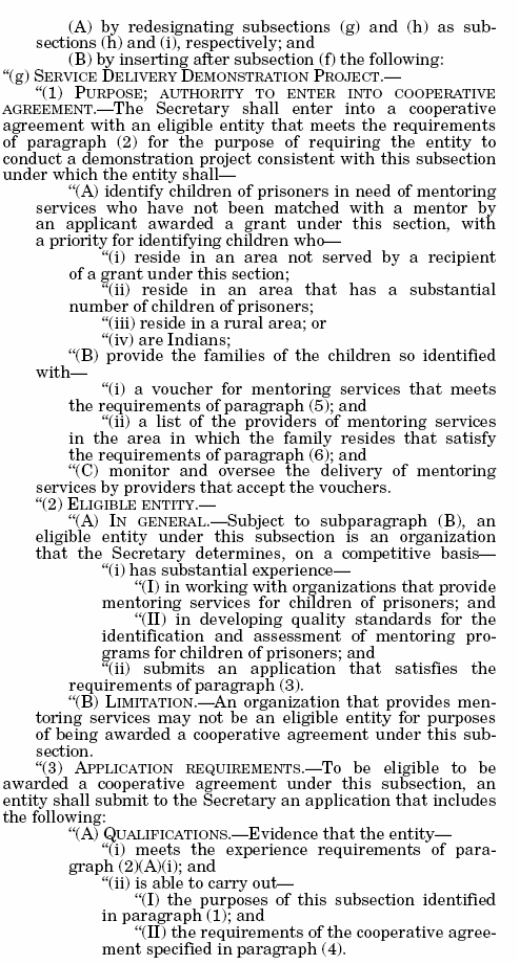

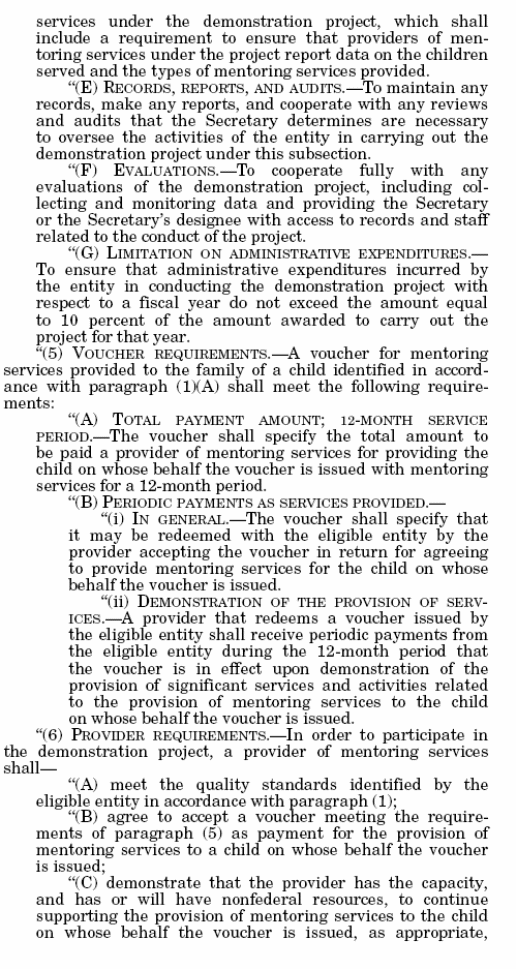
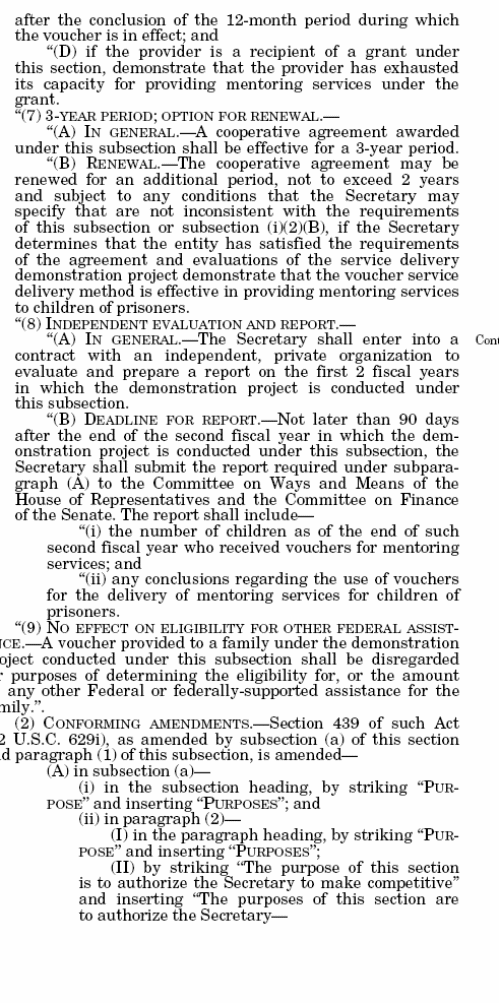
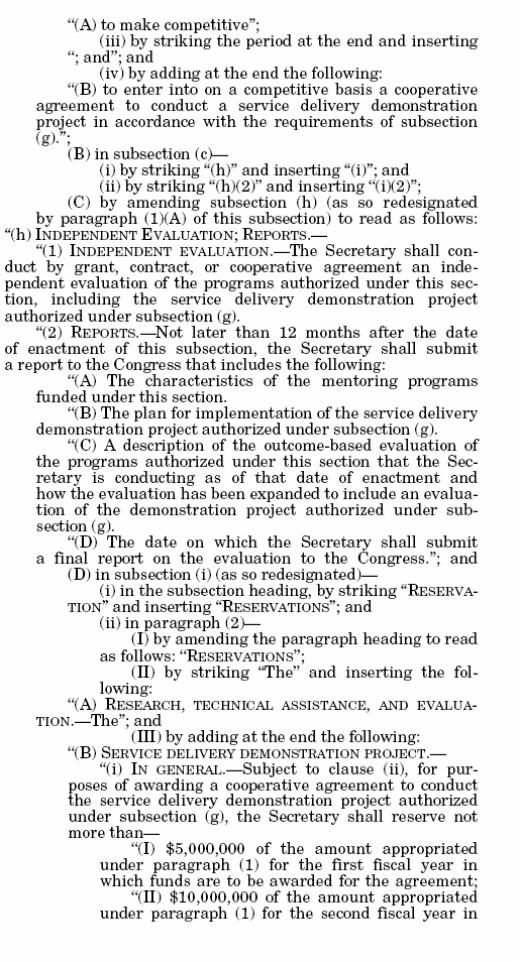
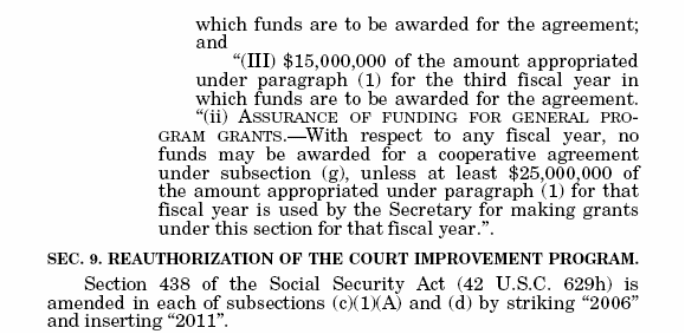
| File Type | application/msword |
| Author | CSC Employee |
| Last Modified By | Julie E. Hocker |
| File Modified | 2007-06-27 |
| File Created | 2007-06-27 |
© 2026 OMB.report | Privacy Policy